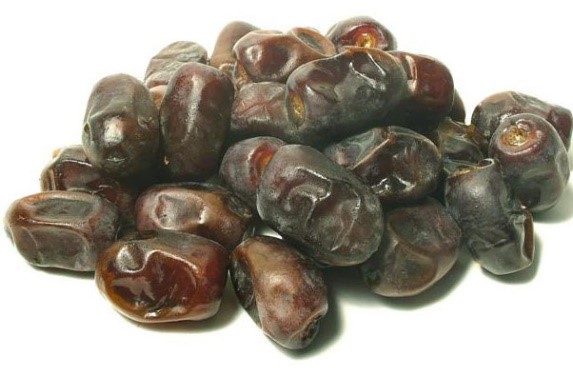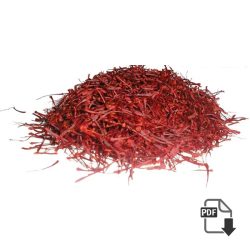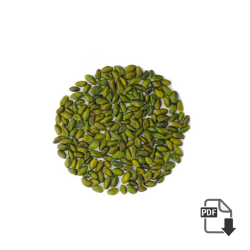Exploring Their Nutritional Benefits
Understanding Chickpeas and Their Nutritional Profile
Chickpeas, also known as garbanzo beans, are a versatile legume widely used in various cuisines worldwide. They are not only delicious but are also packed with nutrients, leading many to wonder, “Are chickpeas healthy?” The answer is a resounding yes! Chickpeas are rich in protein, fiber, vitamins, and minerals, making them an excellent choice for anyone looking to improve their diet. This article will explore the health benefits of chickpeas and how to incorporate them into your meals.

Nutritional Benefits of Chickpeas
Chickpeas offer numerous health benefits due to their impressive nutritional profile:
- High in Protein: Chickpeas are an excellent source of plant-based protein, providing about 15 grams of protein per cooked cup. This makes them an ideal choice for vegetarians and vegans seeking to meet their protein needs.
- Rich in Fiber: A cup of cooked chickpeas contains approximately 12 grams of dietary fiber. This fiber content helps support digestive health, regulate blood sugar levels, and keep you feeling full longer, making chickpeas a great option for weight management.
- Packed with Nutrients: Chickpeas are a good source of essential vitamins and minerals, including:
- Folate: Important for cell division and production of DNA, making it especially crucial during pregnancy.
- Iron: Supports the production of red blood cells and helps transport oxygen throughout the body.
- Magnesium: Vital for muscle function, bone health, and energy production.
- Low Glycemic Index: Chickpeas have a low glycemic index, which means they have a gradual effect on blood sugar levels. This makes them an excellent choice for individuals with diabetes or those looking to maintain stable energy levels throughout the day.
https://www.irandriedfruit.com/chickpea-export-to-india/
Health Benefits of Eating Chickpeas
Incorporating chickpeas into your diet can lead to several health benefits:
- Promotes Heart Health: The soluble fiber and healthy fats in chickpeas contribute to heart health by lowering cholesterol levels and reducing the risk of heart disease. Their potassium content also helps regulate blood pressure.
- Supports Digestive Health: The high fiber content in chickpeas promotes regular bowel movements and prevents constipation. It also supports a healthy gut microbiome, which is essential for overall digestive health.
- Aids in Weight Management: The combination of protein and fiber in chickpeas promotes a feeling of fullness, helping to control hunger and reduce overall calorie intake. Adding chickpeas to meals can help you feel satisfied longer.
- Helps Regulate Blood Sugar: The low glycemic index of chickpeas makes them an excellent choice for stabilizing blood sugar levels. This is beneficial for individuals with diabetes and those seeking to maintain healthy energy levels.
How to Incorporate Chickpeas into Your Diet
Chickpeas are incredibly versatile and can be easily added to various dishes. Here are some ideas to enjoy chickpeas:
- Salads: Toss cooked chickpeas into salads for added protein and fiber. They pair well with leafy greens, vegetables, and dressings.
- Soups and Stews: Add chickpeas to soups and stews for a hearty and nutritious boost. They work well in Mediterranean and Middle Eastern recipes.
- Hummus: Blend cooked chickpeas with tahini, lemon juice, garlic, and olive oil to make a delicious hummus dip. This makes for a healthy snack or appetizer.
- Curries and Stir-Fries: Chickpeas can be added to curries and stir-fries, enhancing flavor and nutrition. They absorb spices well, making them a perfect addition to flavorful dishes.
- Roasted Snacks: Roast chickpeas with your favorite spices for a crunchy and satisfying snack. This is a healthier alternative to chips and can be customized to your taste.




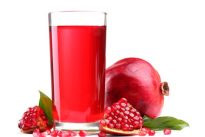
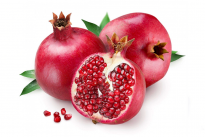
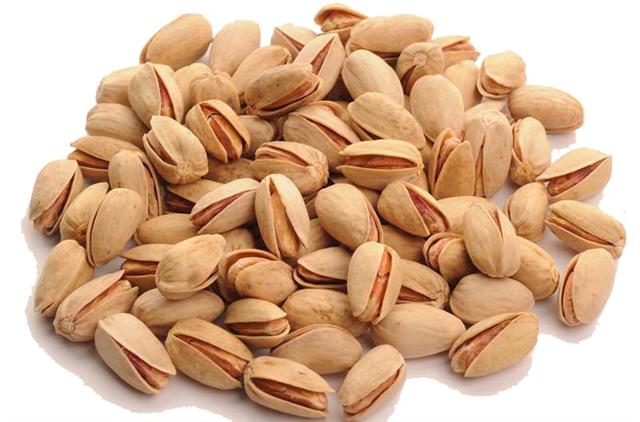
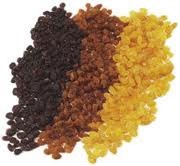 3 kind raisin
3 kind raisin 